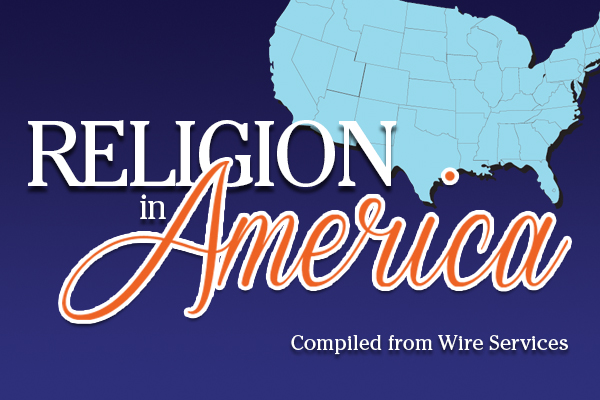A boom in the natural gas and oil industry in states like Wyoming, Colorado, Utah and New Mexico has led to a similar surge in Southern Baptist ministry among the men and women who drill for those natural resources.
Don Whalen, a church-planting and evangelism strategist for the Wyoming Southern Baptist Convention, was serving as a director of missions in the southwestern part of the state a few years ago when he noticed a large influx of people into the area as oil companies set up new drilling rigs.
“The population just began to explode, and we saw obviously that God was opening a door to ministry among folks that were coming into the area,” Whalen explained.
So some of the churches began working with Whalen to develop a strategy to reach the oil rig workers in an unconventional way.
“We realized they weren’t going to come to us,” Whalen said. “We had already tried to invite them to church and include them in our established works, but they were not very responsive. … [W]e realized that we were really going to have to go to them. So we began praying and seeking the Lord’s direction, and one of our ladies saw an oilfield Bible put out by the Oilfield Christian Fellowship (OCF).”
Through OCF, a ministry that began at First Baptist Church, Houston, in 1991 that distributes compact Bibles with testimonies of oilfeld workers, Whalen and the Wyoming churches ordered Bibles to give out to the workers.
“These men come and they’ll work 12 hours on and 12 hours off, and while one crew sleeps, the other crew will work,” said Whalen, who joined the state convention staff about a year and a half ago. “They’re just kind of stacked in there like corkwood in these trailers. … We thought if we could put together a chapel and get it into the man camps, it might have an impact on these folks spiritually.”
Soon an oilfield company in Texas donated a building and installed it in the Big Piney man camp, where it would serve as a chapel operated by Mission Service Corps (MSC) missionaries from the North American Mission Board (NAMB).
“It’s just a place for them to come and relax in a good environment,” Whalen said. “While they’re there, we’re able to share the Lord with them.”
Some of the men are believers and some are not, but “we’ve been able to see some of them come to know the Lord.”
This ministry allows the men to build relationships and receive discipleship, he added — but the local church is not forgotten.
“Whenever we have the opportunity, if we can minister to dad at the oilfield, we try to connect the family, wherever they might be, with a local Southern Baptist church so that the family can be ministered to as well,” Whalen said.
Later NAMB helped purchase a mobile ministry unit that can travel to the heart of the oilfields in Wyoming. Later the oilfield fellowship helped purchase another.
“They’ll set up alongside of the road and put out a sign that says ‘free biscuits and gravy,’ and folks stop in and in the process of having a meal together or a cup of coffee, they’ll share the Lord with them and build relationships and witness,” Whalen said.
Several of the men are now being discipled through daily Scripture cards put together by one MSC worker. “It’s just a way of connecting with other believers and providing a discipling opportunity. We’ve seen some neat things happen as a result of it,” Whalen said.
Last July, an oilfield worker named Carl Felts stopped by the mobile unit after being out of prison only three weeks. He was gone awhile after that and then returned in December. Felts told Drew and Pam Crabtree, the MSC workers in the unit, he didn’t have time to come in but wanted to tell them that since his first stop at the unit, he had married his girlfriend who was a new Christian and the two of them were reading the Bible.
Felts also said he was attempting to visit the men he was imprisoned with in order to share the gospel with them.
Oilfield ministry, Whalen said, is “just one of those missional ministries that we recognized that there are people groups out there we were not reaching, and the only way to reach them was to go to where they were — just to obey the Great Commission and go.” (BP)






Share with others: